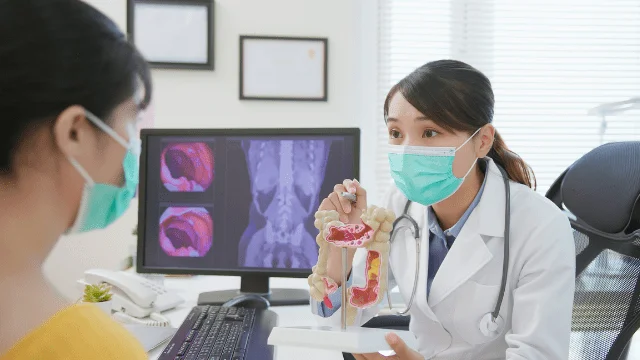Healthcare client is a US-based leading, diversified provider of quality and individualized healthcare services that researches, develops, and delivers innovative medical care solutions for cancer care to treat millions of patients each year.They were looking for a solution that could address their need to accurately diagnose a medical condition and enhance their clinical diagnostics, improving accuracy in early detection and improving their treatment capabilities.
Client: Healthcare
Services: Data Science, AI, ML
Year: 2022
Key Challenges
- The healthcare client needed a digital engineering partner to address the key challenge of early diagnosis of the disease to assist clinical practice
- Furthermore, it needed a solution for the identification of Diabetic Retinopathy in diabetic patients, and the solution needed to differentiate between retinal fundus images and other images
- The current diagnosis was cost-intensive, error-prone, and based upon one or a few doctors’ opinions
Table of Contents
Solution
- Sparity designed a fundus degradation model based on the retinal ophthalmoscope imaging system to simulate low-quality fundus images
- Employed Kaggle dataset that provides a vast collection of high-resolution fundus images taken under a variety of imaging conditions
- Based on the fundus degradation model, a clinical-oriented fundus correction network was developed to correct low-quality fundus images for clinical observation and analysis
- The clinical-oriented fundus correction network model is built in PyTorch and optimized via stochastic gradient descent (SGD)
- Using the RSA module, the degradation algorithm effectively corrects low-quality fundus images without losing retinal information, while the LQA module suppresses unwanted artifacts
- The degradation algorithm also demonstrates that the fundus correction method is advantageous for medical image analysis applications, such as retinal vessel segmentation and optic disc/cup detection
- The degradation algorithm aids in the detection of diabetic retinopathy (DR) and helps ophthalmologists in the identification of ocular diseases through the study of retinal fundus images
Benefits
- 30% reduction in cost while maximizing investment
- 70% improvement in patient outcomes by providing early detection and treatment
- Improved diagnosis accuracy limits or even reverses the trend that characterizes the diffusion of such diseases
- Automated grading has potential benefits such as increasing efficiency, reproducibility, and coverage of screening programs, thereby reducing barriers to access
- Machine learning leverages the power of many doctors to come up with a diagnosis, improving patient outcomes by providing early detection and treatment















